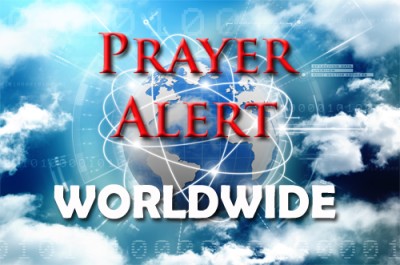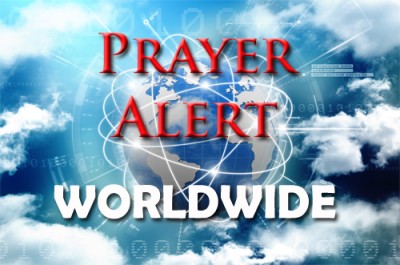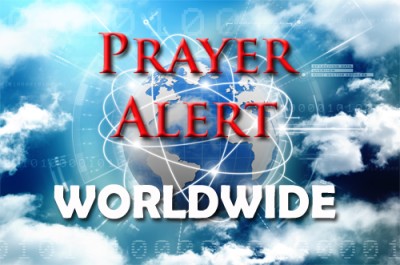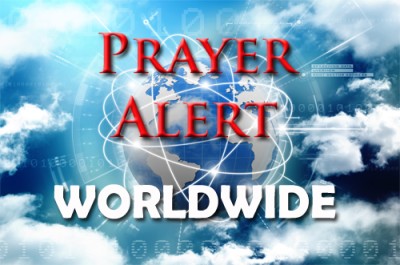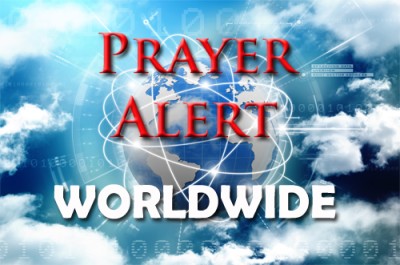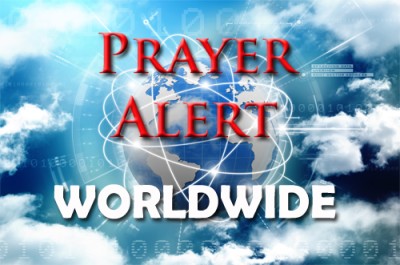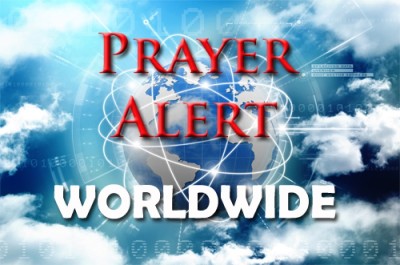New data from European and American scientists shows the planet endured its third-warmest year on record in 2025, with little expectation of cooling ahead. According to them, global temperatures averaged 1.47°C above pre-industrial levels, meaning the past eleven years are now the warmest ever recorded. For the first time, the three-year average from 2023 to 2025 exceeded the 1.5°C threshold set by the Paris Agreement, raising serious doubts about the world’s ability to meet its climate goals (especially since the USA, one of the main emitters of greenhouse gases, withdrew from the agreement a year ago). The UK Met Office confirmed similar findings, pointing to rising greenhouse gas concentrations as the main driver. While some countries have announced emissions targets, scientists warn these remain insufficient. In October, UN secretary-general Antonio Guterres stressed the need for early warning systems to protect communities across the globe.
Donald Trump has stepped back, at least temporarily, from threats of US military action against Iran, saying he has been assured that the killing of protesters has stopped and that no executions are planned. He said these assurances came from ‘very important sources on the other side’, though the claims have not been independently verified. Despite reports that over 3,400 have been killed during the recent anti-government protests and fears of imminent executions, Trump said he was unconvinced that military action would bring decisive change. He had been strenuously lobbied by leaders in the Middle East to not to go ahead with strikes which would be certain to lead to an Iranian counterstrike on US bases. Iranian officials have publicly denied plans for executions, and at least one expected execution has been postponed. While rhetoric has softened slightly, deep divisions over human rights abuses and Iran’s nuclear ambitions persist, leaving the situation fragile and unresolved.
Syria’s army has moved reinforcements to areas east of Aleppo after ordering Kurdish forces to withdraw, following deadly clashes which have killed over 100 and displaced as many as 150,000. The Islamist-led government is seeking to reassert control nationwide, but efforts to integrate the Kurds’ autonomous administration and forces into the state have stalled, despite an agreement reached earlier this year. Kurdish-led forces deny building up troops and accuse the government of launching fresh attacks, while Damascus insists it is responding to provocation. Limited skirmishes and artillery fire have been reported, raising fears of a wider confrontation. In Qamishli, the main Kurdish city in the country's northeast, thousands of people demonstrated, accusing the government of breaking its promises and preparing a broader assault. With mistrust deepening, the situation remains volatile, threatening further suffering for civilians already exhausted by years of conflict. Christians in the region are asking for prayer: see
On 15 January Uganda headed into a tense election as Yoweri Museveni sought a seventh term as president after nearly four decades in power. The final days of campaigning have been marked by heavy military deployments in the capital, Kampala, and a government-ordered suspension of mobile internet services, measures which opposition figures say signal growing authoritarianism. Museveni’s main challenger, Bobi Wine, has drawn strong support from younger, urban voters frustrated by unemployment, corruption and limited political change. Security forces say their presence is intended to prevent violence, but rights groups are concerned about intimidation and force used against opposition supporters. While Museveni retains strong backing in rural regions and is expected to win, critics fear the process will lack credibility. The aging president's authority has become increasingly dependent on the military led by his controversial son, Muhoozi Kainerugaba. The election highlights deep divisions in Uganda, as many citizens long for peaceful transition, accountable leadership and hope for a more inclusive future.
Japan has launched a bold effort to secure its future supply of critical minerals by sending a research vessel to mine rare earth elements from the deep seabed near Minamitori Island. The month-long mission marks the first attempt anywhere in the world to lift mineral-rich mud from six kilometres below the ocean surface. This project reflects Japan’s growing urgency to reduce reliance on China, which currently dominates global rare earth supply and has recently banned exports of items destined for Japan’s military. Rare earths are essential for cars, electronics, renewable energy technologies and defence equipment, making supply disruptions a serious economic and security concern. Since a similar crisis in 2010, Japan has diversified imports, invested overseas and built stockpiles, yet still remains heavily dependent on China. Domestic seabed mining could provide a long-term solution, though it is costly, technically complex and years away from full production.
A devastating rail disaster in northeast Thailand has left at least 31 people dead after a construction crane collapsed onto a speeding passenger train, causing it to derail and burst into flames. The accident occurred as the train was travelling from Bangkok to Ubon Ratchathani, carrying nearly 200 passengers. More than sixty were injured, several critically, as fire engulfed damaged carriages. The crane was part of a Thai-Chinese high-speed rail project, part of an ambitious plan to connect China with south-east Asia. The company concerned was involved in the construction of a Bangkok building which collapsed in March during an earthquake. Witnesses described scenes of chaos, with carriages torn open and rescue workers scrambling to reach trapped passengers. Authorities have ordered a full investigation, while political leaders have vowed accountability. The tragedy has shocked the nation and renewed public scrutiny of large infrastructure projects and the human cost when safety is compromised.
DRC: deadly landslide kills at least 22
16 Jan 2026A deadly landslide has struck eastern Democratic Republic of the Congo, killing at least 22 people and leaving dozens missing in a remote village in North Kivu. Triggered by hours of intense rainfall, the hillside collapsed in the early hours of the morning while residents were asleep, sweeping homes away and cutting the main road linking Goma with Walikale. The blocked route has severely hampered rescue efforts and delayed government assistance. Eastern Congo has endured decades of violence involving government forces and armed groups, including the Rwanda-backed M23. The disaster highlights the vulnerability of communities living in areas where the state’s presence is weak and insecurity is high. In a region already scarred by conflict, displacement and poverty, seasonal rains continue to claim lives, deepening the humanitarian crisis faced by countless families. See also
Special police forces and heavy machinery have surrounded Yayang Church in Zhejiang province, raising fears the building could be damaged or its cross removed. Images shared online by Bob Fu of China Aid show scaffolding around the roof and cross, while security cordons have prevented filming and forced nearby residents to leave. The action follows a December crackdown in which around two hundred people linked to the church were arrested or dispersed without explanation, and two church leaders were detained as alleged suspects in a ‘criminal organisation’, without specific charges detailed. Observers say the incident reflects wider pressure on unregistered churches, which face surveillance and arrests across China. Communist Party officials view independent religious belief as a challenge to state control, and rights groups warn such actions are becoming increasingly common. Breaking news: Bob Fu has posted that ‘part of the church building Is being forcefully destroyed’.
